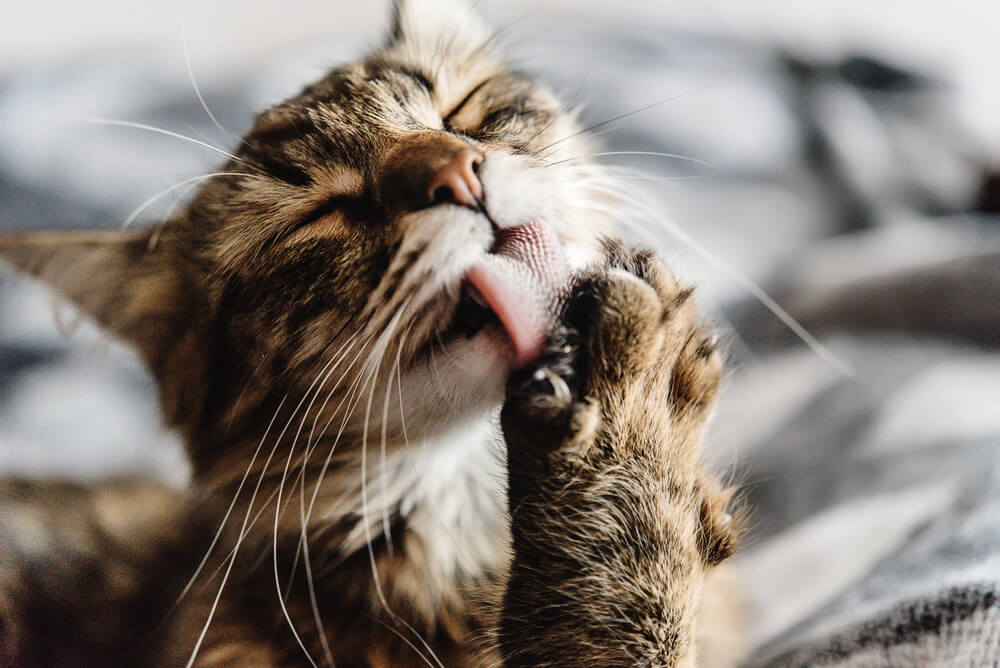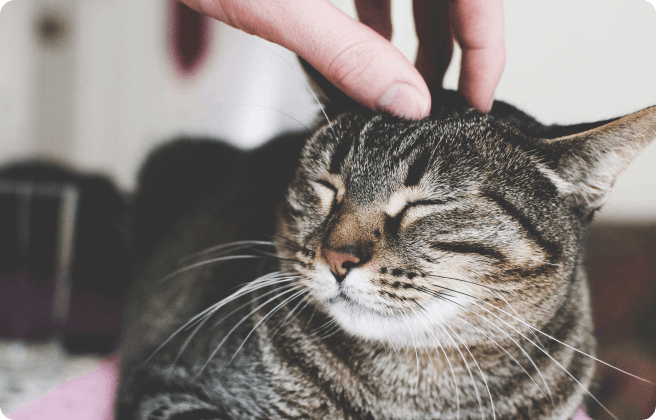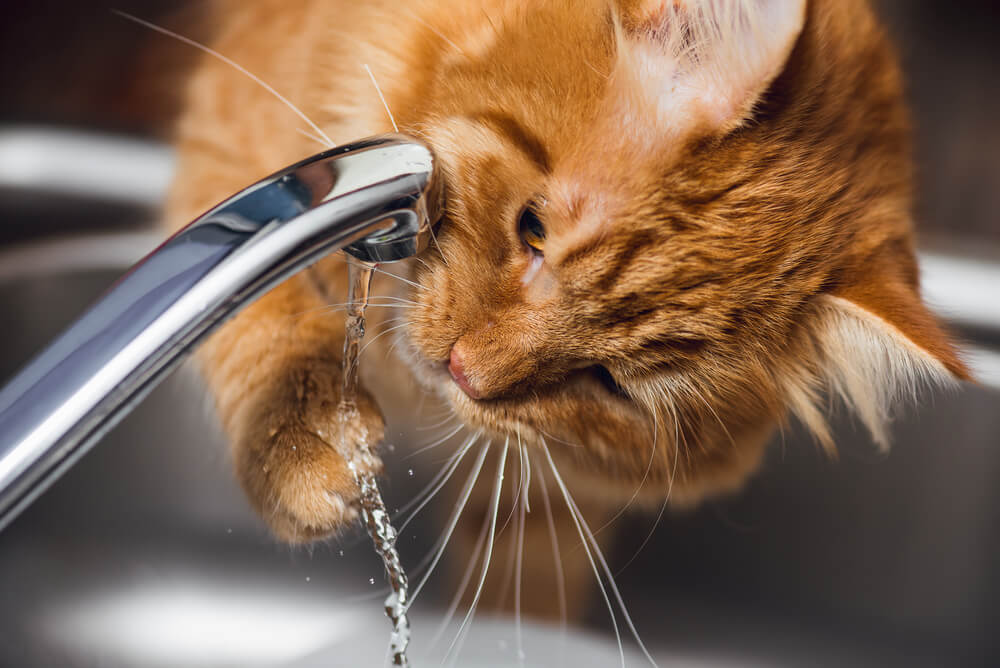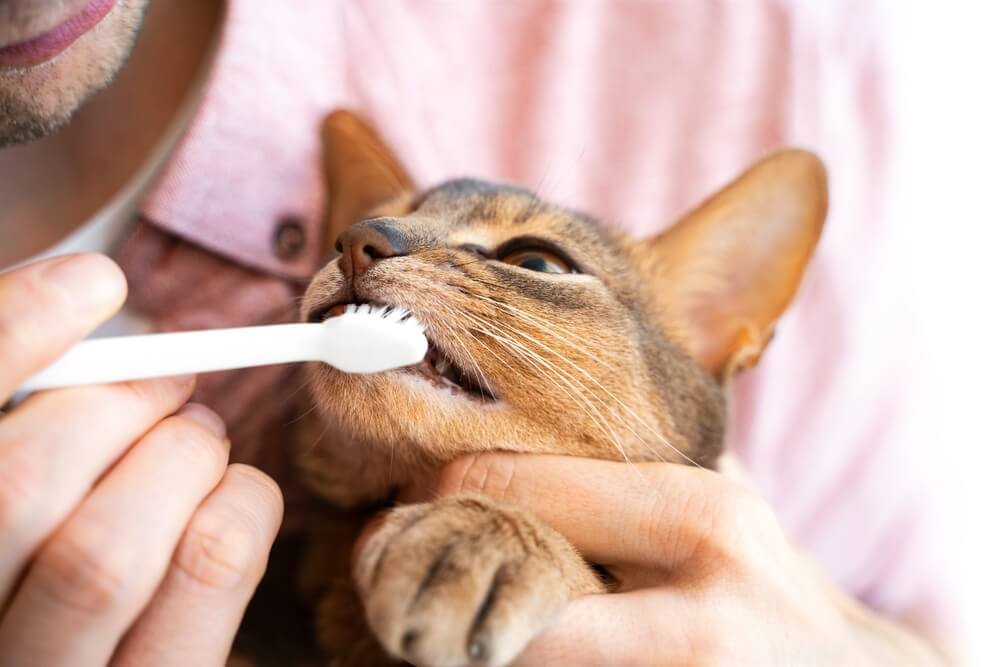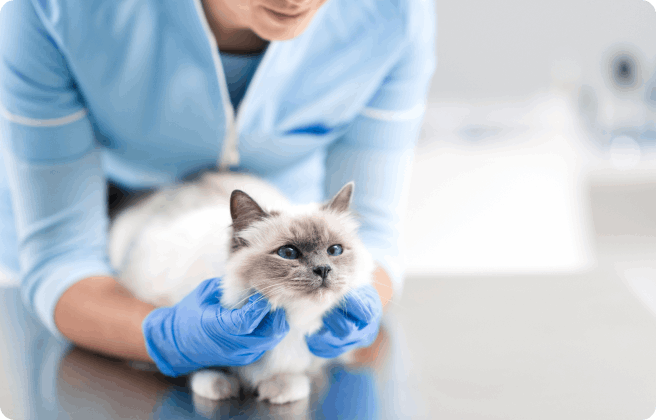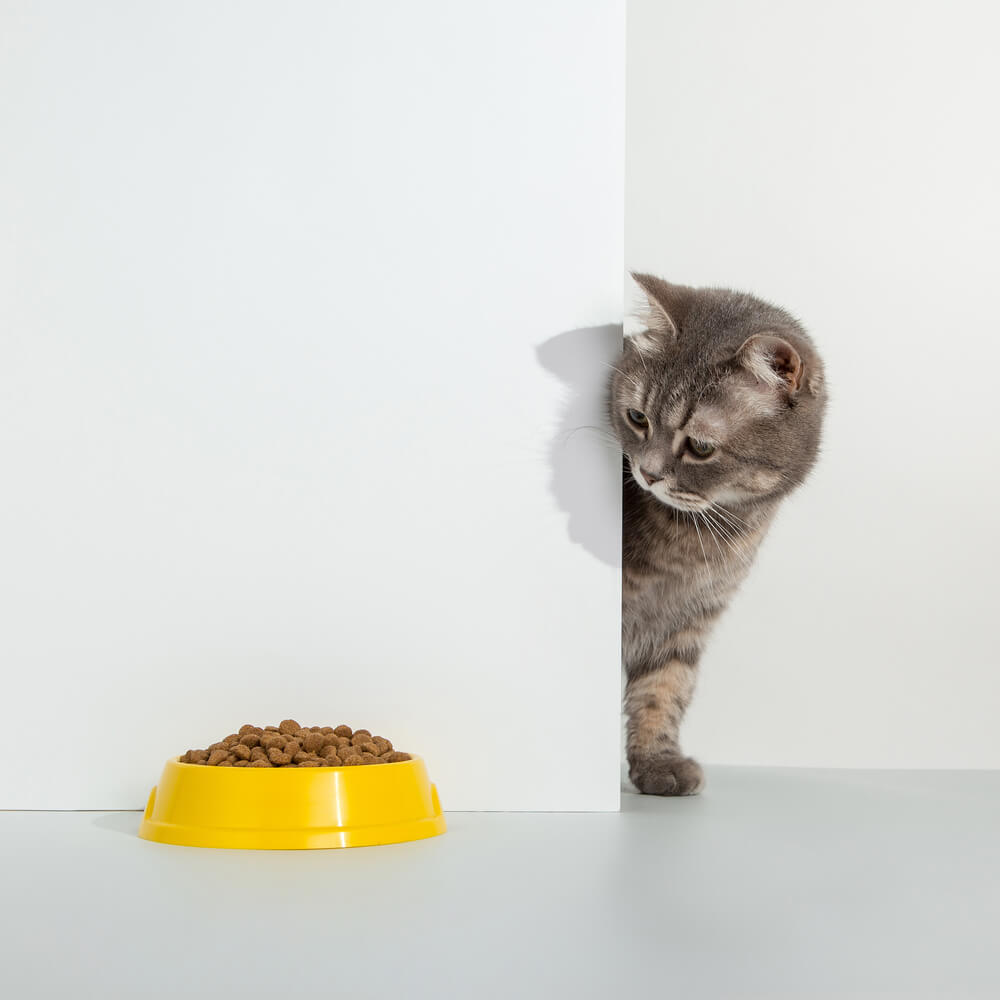
If the huge number of YouTube videos capturing it are anything to go by, lots of people find cats sneezing pretty adorable. However, as is the case with humans, a sneezing fit can be an irritating thing to be on the receiving end of, especially when it feels like it just won’t stop. It can also be a sign that your body’s in the midst of a malaise of some kind. With that in mind, how concerned should you be if your cat keeps sneezing?
Causes of cats’ sneezing
Pay attention to your cat’s patterns of sneezing and you might be able to work out why it’s happening.
- Occasionally, it’s something as simple as an irritant in the air that your cat’s nose finds offensive — this could be dust, cigarette smoke or that strongly scented perfume you received for Christmas. This can be easily remedied by opening a window and letting some fresh air inside.
- If they’ve also got itchy skin, runny eyes or a bout of diarrhea as well, your cat might just well have an allergy (link to allergy article). Sometimes, it’s possible to find the irritant through close observation, but on other occasions, the best that can be done is to alleviate the worst symptoms with medication.
- Sometimes, sneezing can just be an attempt to dislodge a foreign body — say a blade of grass — that’s caught in the nose or the back of the throat. Usually, this will sort itself out after a bit of effort, but they might need veterinary assistance if the blockage is proving unshiftable through natural means.
- In other cases, sneezing can be brought on by respiratory infections. Feline Herpesvirus (FHV) and Feline Calicivirus (FCV) are particularly prevalent among cats, especially those that mix with other animals outside. These illnesses often come with a runny nose and a fever — in fact, it’s pretty similar to flu in humans, although be reassured that you can’t catch the feline variant. There are vaccinations available against both HFV and FCV, so double-check with your vet to see if your cats are up to date with their jabs and boosters.
What should I do if my cat’s sneezing?
There are only a few instances when your cat’s sneezing should provoke an immediate phone call to the vet. If they’re expelling blood or pus-coloured discharge, that’s generally not a good sign and requires closer examination. On these occasions, it might be more obvious that the sneezing is causing your cat pain, rather than just mere annoyance, through their cries.
Similarly, it’s worth getting professional advice if sneezing is accompanied by other troubling symptoms — things like a loss of appetite or weight loss — or if the sneezing is persistent.
If your cat does get struck down with a viral infection, it’s not necessarily a major cause for concern. Sure, they won’t quite be their usual bubbly selves for a while, but in the majority of cases, otherwise-healthy adult cats will make a recovery back to full health. If it’s an especially nasty case, your vet might be able to prescribe antibiotics to speed things up.
The good news is that if you catch your cat sneezing without any other symptoms present, it’s rarely something to get immediately worried about. Very often, it will pass with time or perhaps after a minor change has been made to the air in the household. All you have to do is keep an eye out for potential causes — oh, and resist the urge to film it and upload it online.
We uphold the highest editorial standards when creating the authoritative content pet parents rely on and trust.
Every piece of clinical content on the Cat Food Advisor is reviewed by our certified Veterinary Advisory Board, which consists of licensed veterinarians and medically certified specialists.
Our reviews are completely independent; we are not paid by any pet food company to promote their products favorably. We do not accept money, gifts, samples or other incentives in exchange for special consideration. For more information see our Disclaimer & Disclosure page.




